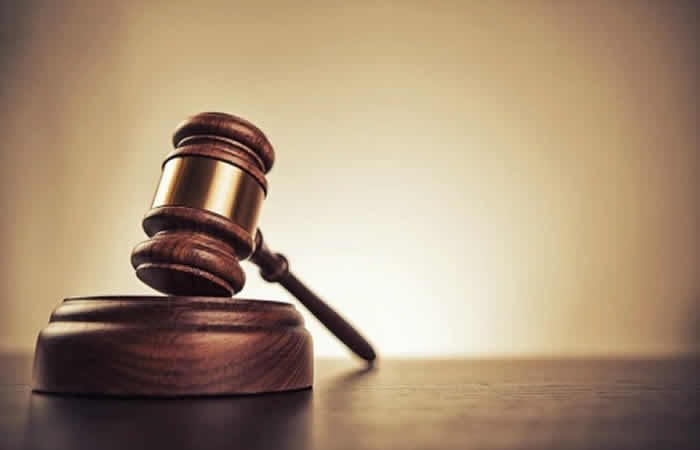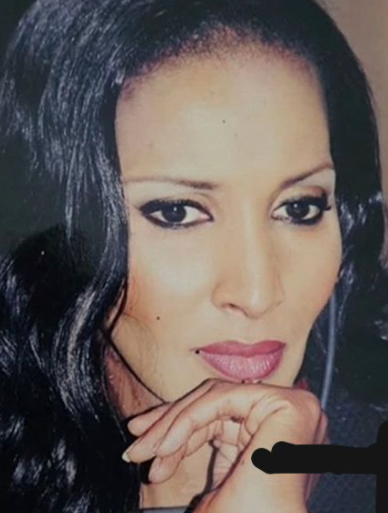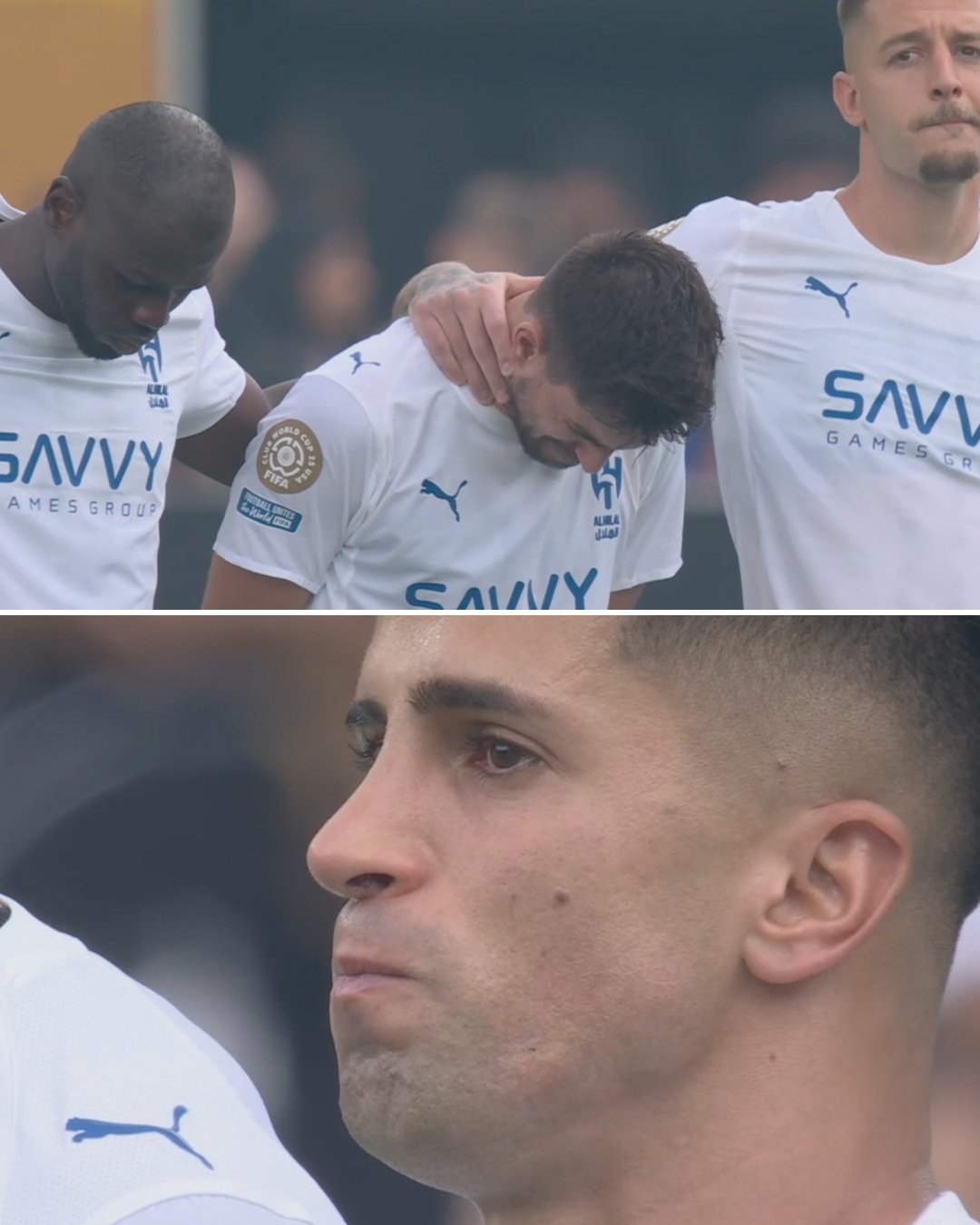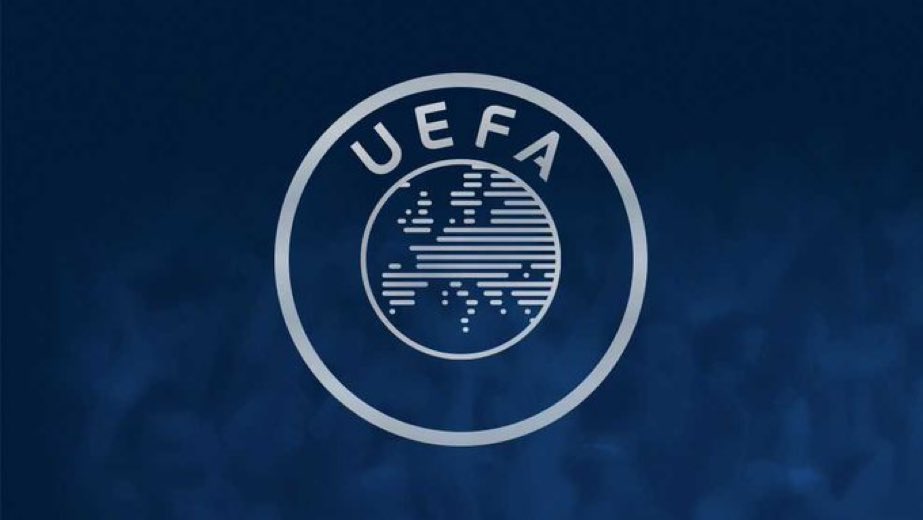
US Charges Nigerian, Olatunbosun Osukoya, Alongside 323 Others in $14 Billion Healthcare Fraud Crackdown

The United States of America has taken a significant step in cracking down on healthcare fraud, charging a Nigerian national, Olatunbosun Osukoya, alongside 323 other individuals, in a nationwide operation. The charges allege that these individuals were involved in various healthcare fraud schemes that have caused at least $14 billion in intended losses to the US healthcare system.
The crackdown is a result of a coordinated effort by law enforcement agencies across the country, aimed at rooting out healthcare fraud and protecting the integrity of the US healthcare system. The charges brought against Osukoya and the other defendants include conspiracy, healthcare fraud, and money laundering, among others.
According to the allegations, the defendants were involved in a range of schemes, including billing for services not rendered, submitting false claims, and laundering the proceeds of their illicit activities. These schemes not only resulted in significant financial losses for the US healthcare system but also potentially put patients at risk.
The case against Osukoya and the other defendants is a significant one, highlighting the need for vigilance in the healthcare industry. Healthcare fraud is a serious issue that can have far-reaching consequences, including financial losses, damage to patients' health, and erosion of trust in the healthcare system.
The US government has made it clear that it will not tolerate healthcare fraud and will take aggressive action to prosecute those who engage in such activities. The charges brought against Osukoya and the other defendants demonstrate the government's commitment to protecting the integrity of the healthcare system and ensuring that those who engage in fraudulent activities are held accountable.
As the case against Osukoya and the other defendants moves forward, it will be important to follow the developments closely. The outcome of this case will likely have significant implications for the healthcare industry and will serve as a reminder of the importance of compliance with healthcare laws and regulations.
The US government's efforts to crack down on healthcare fraud are ongoing, and it is likely that we will see more cases like this in the future. As the healthcare industry continues to evolve, it is essential that healthcare providers, patients, and law enforcement agencies work together to prevent and detect healthcare fraud.
The charges brought against Osukoya and the other defendants are a reminder that healthcare fraud is a serious issue that requires serious consequences. The US government's commitment to prosecuting healthcare fraud cases is a step in the right direction, and it will be interesting to see how this case unfolds.
In conclusion, the charges brought against Olatunbosun Osukoya and 323 others in the US are a significant development in the fight against healthcare fraud. The case highlights the need for vigilance in the healthcare industry and the importance of compliance with healthcare laws and regulations. As the case moves forward, it will be important to follow the developments closely and to take note of the implications for the healthcare industry.


